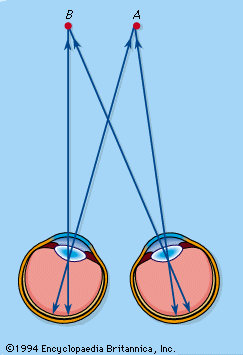Judge Antone Bazil Coutts
Judge Coutts' perspective is torn between his duality as both Native-American and European-American.
Coutts begins one chapter narrating: "He who goes to law holds a wolf by the ear, said Robert Burton. So there I was, here I am, the clichéd mixed-blood with a wolf by the ear. One of my advantages in holding on to the wolf is that I grew up dividing my time between my mother's family on the reservation, and the big house in Pluto. Thus, I know something about both sides of many cases I hear" (Erdrich 114).
When Corwin Peace was found with Antone's fiddle, he uses his complex perspective to make the following decision: "In spite of my conviction that he was probably incorrigible, I was intrigued by Corwin's unusual treatment of the instrument. I could not help thinking of his ancestors, the Peace brothers, Henri and Lafayette. Perhaps there was a dormant talent. And perhaps as they had saved my grandfather, I was meant to rescue their descendant. These sorts of complications are simply part of tribal justice. I decided to take advantage of my prerogative to use tribally based traditions in sentencing and to set precedent. First, I cleared my decision with Shamengwa. Then I sentenced Corwin to apprentice himself with the old master" (Erdrich 209).
Coutts begins one chapter narrating: "He who goes to law holds a wolf by the ear, said Robert Burton. So there I was, here I am, the clichéd mixed-blood with a wolf by the ear. One of my advantages in holding on to the wolf is that I grew up dividing my time between my mother's family on the reservation, and the big house in Pluto. Thus, I know something about both sides of many cases I hear" (Erdrich 114).
When Corwin Peace was found with Antone's fiddle, he uses his complex perspective to make the following decision: "In spite of my conviction that he was probably incorrigible, I was intrigued by Corwin's unusual treatment of the instrument. I could not help thinking of his ancestors, the Peace brothers, Henri and Lafayette. Perhaps there was a dormant talent. And perhaps as they had saved my grandfather, I was meant to rescue their descendant. These sorts of complications are simply part of tribal justice. I decided to take advantage of my prerogative to use tribally based traditions in sentencing and to set precedent. First, I cleared my decision with Shamengwa. Then I sentenced Corwin to apprentice himself with the old master" (Erdrich 209).

